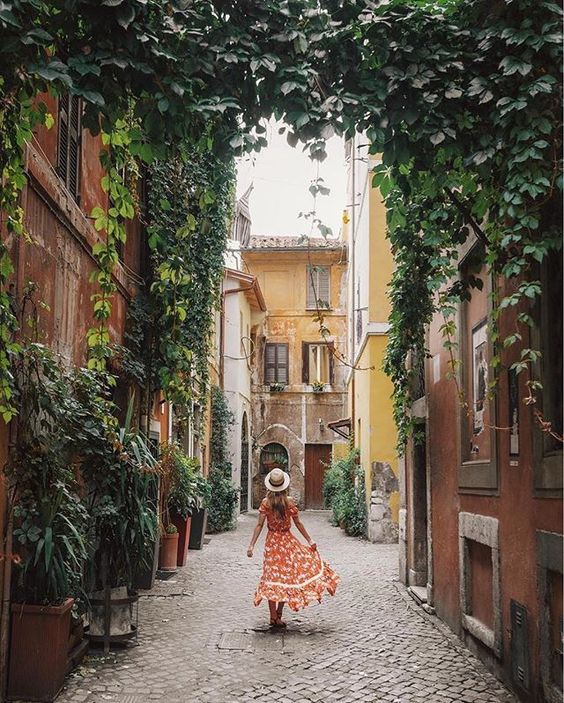Protect wildlife, support local communities and reduce your impact on the planet by being a sustainable traveller.
The International Year of Sustainable Tourism for Development is raising awareness about how responsible tourists should be when they travel.
Here are eight ways on how you can be a more sustainable traveller.
Take the train:
Sure flying is super convenient. However, being flown at 1000km/hr is not entirely sustainable. And where some situations call for air travel as being the only method of arriving at your destination, when possible, cut down your carbon footprint and hop on a train instead.
Not only will you then get to see more of the country you are travelling through, you’ll enjoy comfortable seating, a more relaxed atmosphere, you’ll be helping do your bit to reduce air pollution.
Pack a water bottle:
To help reduce the amount of plastics circulated across the planet, purchase a good quality water bottle to take away with you so you don’t purchase plastic water bottles. Especially when you’re travelling through countries where their recycling programs leave something to be desired.
And if you’re turned off by the idea of carrying a heavy water bottle on your vacay, look at purchasing a foldable version instead, which easily pack away flay when not filled with any water.
Respect the animals:
If you spot an exotic animal on the street being sold for photo ops for cheap, keep walking. Exotic animals hold a powerful fascination for many travellers and tour operators know this and will abuse the idea of having a beautiful animal tied up on a busy city street for photos.
If you want to interact with the wonderful animals Earth has to offer, do your research through the Global Federation of Animal Sanctauries. Here you’ll find an accredited list of organisations who work with animals in the tourism industry humanely.
Forego excessive cleanliness:
Whilst a turndown service at the hotel can make you feel like royalty, if you don’t need clean sheets or towels, then make sure you place the DND (do not disturb) sign on the door to prevent room service from changing the sheets and towels every day or simply ask for them not be changed. (Most hotels offer this).
Sending all those sheets and towels to the wash every day is wasteful, with most of the wastewater then heading straight into our oceans. It’s unnecessary and if you’re only staying for a few days, you really don’t need to have your sheets and towels changed every day.
Use ethical beauty products:
Australia is blessed to have one of the most high-tech treatments plants on the planet, where most of our wastewater plants are able to filter a lot of the water before it hits out oceans. However, many other countries are not as blessed. This means a lot of the chemicals from the products you use whilst travelling, could up in the ocean.
Opt to travel with more ethical products, such as marine approved sunscreen, or chemical-free shampoo and conditioner, which won’t cause harm to our marine life when it ends up in the ocean.
Research the hotel you’re staying at:
Don’t always go straight for the cheaper option when looking at hotel prices for your holiday. Often the cheaper the hotel, the less sustainable they are, with very little environmental practices to protect the planet.
Research what sort of practices are in place, from the laundry powder they use to whether or not they contribute to their community and the support of their ecosystem. Many hotels run support programs and fund organisation who work to protect our planet, try booking with them instead.
If you can reuse it then do it:
If you plan on staying at an Air BNB, pack some lightweight reusable bags for your grocery shopping or use a backpack when shopping retail instead of having the shop attendees wrap your items in plastic bags.
When you think about it, the sheer quantity of plastic bags being used on any given day being used, in any major city is horrifying.
Support the local economy:
Be mindful of items being sold in the marketplace, as a lot of them have not been made locally and are likely to be imported from China or elsewhere. This means, when purchasing these items, you are not supporting local artisans who make the products.
For example in Mexico, a lot of the Sombreros being sold in the markets are actually being made from China, so the local artisans who make some spectacular hats are missing out on sales for all their creative hard work.





No Comments